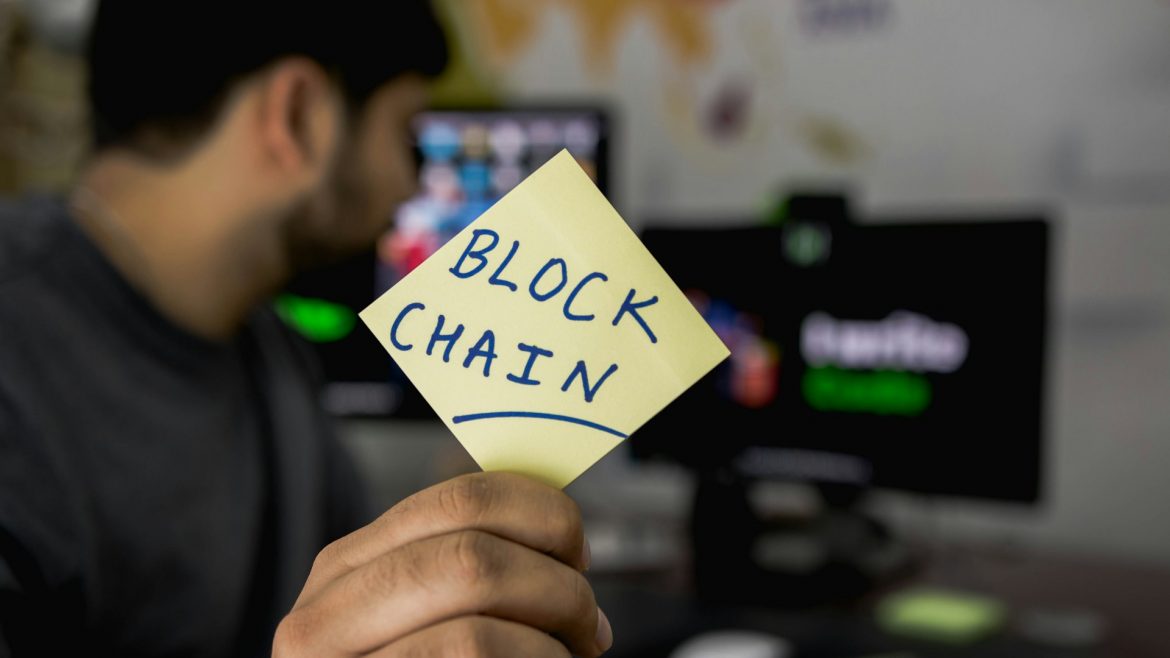Blockchain technology, often associated with cryptocurrencies like Bitcoin, has far-reaching applications beyond just financial transactions. This groundbreaking technology offers a decentralized and secure way to record, store, and transfer data, making it a valuable tool in various industries. Let’s explore some real-world applications of blockchain technology that are transforming the way we live and work.
Supply Chain Management
One of the most promising applications of blockchain is in supply chain management. Companies like IBM are leveraging blockchain to enhance transparency and traceability across supply chains. With blockchain, every transaction or movement of goods can be recorded on a decentralized ledger, accessible by all participants. This level of transparency helps in reducing fraud, improving product authenticity, and enhancing the overall efficiency of supply chains.
Healthcare
Blockchain technology is also making significant strides in the healthcare sector. Platforms like Patientory are using blockchain to secure and streamline the sharing of medical records. By encrypting patient data and storing it on a blockchain, healthcare providers can ensure data integrity and privacy while allowing seamless access to authorized parties. This can lead to better patient care, reduced errors, and more efficient healthcare services.
Intellectual Property & Royalties
The world of intellectual property and content creation is another area where blockchain is making an impact. Companies like Mycelia founded by musician Imogen Heap, are exploring how blockchain can ensure fair compensation for artists. By using smart contracts, blockchain can automate royalty payments, ensuring that artists and content creators are fairly compensated for their work, every time it’s used or shared.
Voting Systems
Blockchain could revolutionize voting systems, making elections more secure, transparent, and accessible. Projects like Voatz are experimenting with blockchain-based voting platforms that promise to reduce fraud and ensure the integrity of electoral processes. With blockchain, each vote can be securely and anonymously recorded, reducing the risk of tampering or fraud.
Real Estate
The real estate sector is also benefitting from blockchain technology. Platforms like Propy are utilizing blockchain to simplify and secure real estate transactions. From property listings to deed registrations, blockchain can automate and record every step of the real estate transaction process, making it faster, more transparent, and less susceptible to fraud.
Conclusion
Blockchain technology is much more than just the backbone of cryptocurrencies. Its potential to provide secure, transparent, and efficient solutions is being recognized and adopted across various industries. From supply chain management and healthcare to intellectual property rights and voting systems, blockchain is paving the way for a more secure, transparent, and efficient world. As we continue to explore and innovate, the applications of blockchain technology will undoubtedly expand, reshaping how we conduct business and manage data in our digital age.
